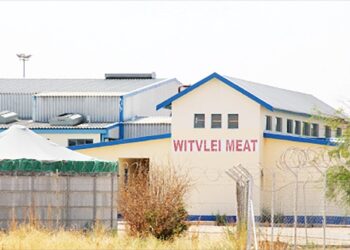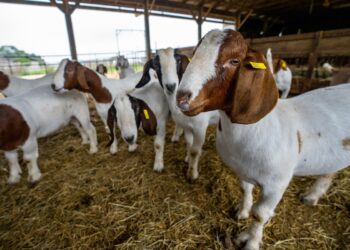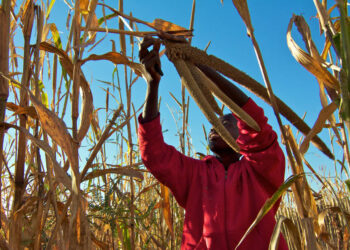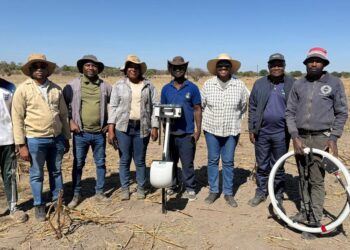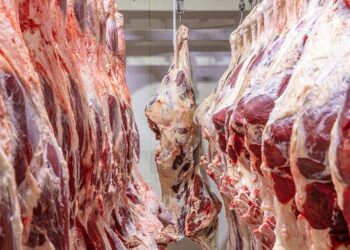
Northern communal farmers may get an opportunity to export beef to the European market following plans to construct a N$35 million meat processing plant at Katima Mulilo funded by the European Union (EU).
Northern communal farmers have for years been deprived of markets due to rampant diseases in the area, while their counterparts in the south of the redline had access to lucrative export markets in the EU and Norway, and the United States.
Gonçalo Leitao, from the EU Delegation in Namibia, said the facility will ensure that the protocols identified by the World Animal Health Organisation are followed, allowing farmers possible access to export markets.
“You have probably heard about commodity-based trading. The protocol that was identified by the World Animal Health Organisation, if you follow the given protocol, meat from foot-and-mouth and other disease-prone areas you can still export or sell wherever you want,†he told The Brief.Â
“There will be no restrictions with the selling of the meat. The objective is identifying the protocol that needs to be followed, we are not only going to finance the meat processing plant, but we are also going to support the production of fodder and construction of feedlots, and control of quarantined areas. Also the control of cattle that is coming from Angola.â€Â
Leitao noted that the beef does not necessarily have to be sold abroad, but it can be exported to any market, including the European Union.Â
The envoy indicated that the processing plant must be financially viable and sufficiently big to ensure all opportunities are taken.Â
“But also not too big, to avoid it being too costly to maintain the infrastructure. We need to identify the right balance. The objective we are trying to have is for it to be viable at 30-40% of its capacity. We still need to understand what that translates into figures.â€Â
Although Leitao could neither confirm nor deny that other animals, besides cattle, could be considered for processing at the plant, he however said “It is something that is also being considered, since we are promoting the production of small ruminants. It could be, we could also include that, but for the moment the targets that we were asked for are mainly cattle.â€Â
He added that although Katima has an existing abattoir, it does not have a meat processing plant.Â
“There is no meat processing plant but an abattoir, so what we are going to finance is the construction of a meat processing plant to add value to the meat that is currently being processed by the abattoir,†Leitao said, adding that considering the due processes under EU protocols, the facility which will add value to meat from the abattoir will take between two and three years to finalise construction.Â
“It will be a gift from the European Union (EU) to the Namibian people and government. The Namibian government can put it under management of the entity that they find more convenient through procurement. We believe that it could be MeatCo,,†he said.
“As the EU we have several processes that need to be followed. Now that the site has been identified, there is the design of the facility, then the procurement of the facility. The process of the procurement takes a bit longer, then you have around 24 months of construction. I would say it will take around 2-3 years for the infrastructure to be completely built.â€


